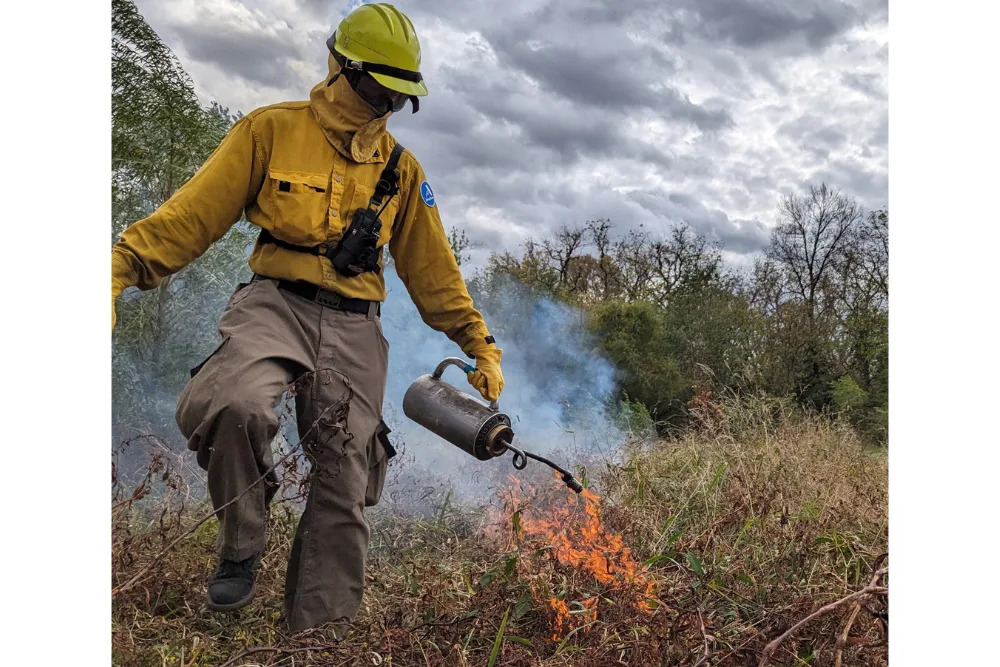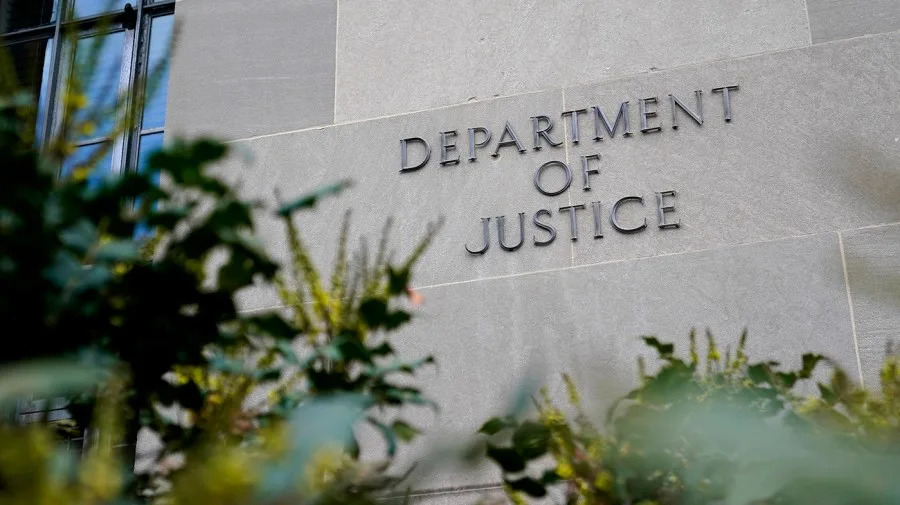
LAS VEGAS — Intense heat will blanket much of the West this week, with temperatures in some states expected to soar to record-breaking highs, elevating the risk of dangerous wildfires and heat-related illness and death.
Highs on Wednesday could reach into the triple digits in Southern California, while temperatures in parts of Arizona and Nevada will climb over 110 degrees Fahrenheit, according to the National Weather Service (NWS).
High temperatures are not uncommon in the summer, but climate change is making heat waves more frequent, more intense and longer lasting. The situation in the West is yet another example of how extreme heat compounds other threats, like adverse health effects.
This week’s heat wave will worsen already-hot conditions in the desert Southwest and expand across most of California, exacerbating ongoing wildfires and increasing the risk of new ones taking hold.
Red flag warnings are in effect Wednesday through Saturday evening for Southern California because the “unseasonably hot” conditions, low humidity and breezy winds are “capable of producing extreme fire behavior,” according to the National Weather Service.
Thunderstorms at the tail end of the week, from Friday to Sunday, are also possible in the region, which could trigger lightning strikes that can ignite new fires.
California Gov. Gavin Newsom moved fire engines, crews and other firefighting resources into the region to prepare for the high-risk conditions.
Los Angeles Mayor Karen Bass said Tuesday that this week’s heat wave could bring “potentially some of the hottest temperatures of the summer.” Temperatures in Los Angeles could reach 94 degrees F on Thursday and Friday.
The sweltering conditions across the western U.S. will increase the risk of heat-related illness or death. Anyone is susceptible when temperatures spike, but lingering heat waves are particularly dangerous for children, people with pre-existing health conditions, older adults and individuals who work outdoors.
The health impacts of extreme heat are a significant concern of climate-fueled heat waves.
During prolonged heat waves, weather service officials said people should stay in air conditioning, when possible, and avoid strenuous activities. Other heat safety tips include staying hydrated, wearing light clothing and checking in on family members and neighbors.
In the Southwest, blisteringly hot conditions will persist over the next several days, possibly challenging some daily temperature records.

“Extreme Heat Warning in effect today with afternoon highs within a few degrees of record territory,” the local office of the National Weather Service in Phoenix wrote on X.
Phoenix is expected to reach 111 degrees on Wednesday and 112 degrees both Thursday and Friday.
Death Valley National Park’s Furnace Creek Visitor’s Center could top 120 degrees on Friday, according to the weather service, while other spots in the Mojave Desert, including Bishop and Barstow, will see temperatures well into the triple digits.
In neighboring Nevada, temperatures will similarly remain elevated in the coming days. Las Vegas could hover around 109 degrees for the remainder of the week, while cities such as Laughlin and Needles could hit 115 degrees and 117 degrees, respectively.
Meanwhile, a separate heat wave will bake portions of the northern Plains and southern Florida. Parts of Montana could reach up to 104 degrees, while heat advisories across in North Dakota are forecasting heat index values (a measure of what conditions "feel like" when humidity and air temperatures are combined) in the triple digits.
In southeastern Florida, heat index values could reach up to 110 degrees, according to the National Weather Service. The muggy conditions come as tens of thousands of acres are ablaze in the Florida Everglades, triggering air quality alerts for Broward County.
This article was originally published on NBCNews.com








Comments